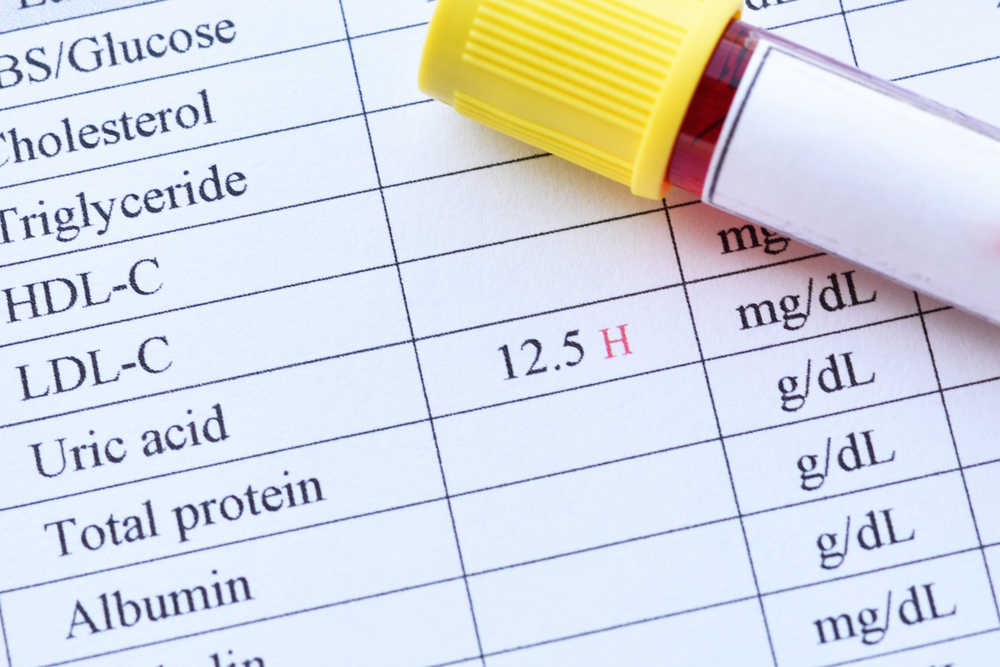The Key to Unlocking Optimal Health: David Perlmutter on Uric Acid Levels

We live in a world of metabolism, said David Perlmutter, MD, FACN, at the Integrative Health Symposium in New York City.
According to the World Health Organization (WHO), our planet's leading cause of death is not COVID, war, or trauma, but chronic degenerative conditions.
"We’ve come to understand that fundamentally these are the downstream manifestations of metabolic dysfunction," he said. "It’s all about metabolism.”
Perlmutter said the new player in metabolism is uric acid. He said zeroing in on elevated uric acid states can be considered a new tool in a practitioner's toolbox for understanding human metabolism.
“In healthcare-related training, uric acid has been associated primarily with gout, and perhaps secondarily, as it relates to something like kidney stones,” Perlmutter said, "but new research has linked it to several chronic disease states.”
Studies, he said, have shown a direct connection between fructose intake and serum levels of uric acid (UA), which is the final product of purine metabolism. Evidence suggests that too much of it is an independent risk factor for various conditions such as diseases.
High uric acid levels have been associated with insulin resistance, overweight and obesity, elevated blood pressure, increased triglycerides, dyslipidemia, cardiovascular disease, diabetes, stroke, and cancer.
Significant research has recently connected uric acid with metabolic syndrome; overall, the results have shown that people with metabolic syndrome have 8.2 percent more uric acid, so reducing it could positively impact the development of the syndrome.
A prospective cohort study of 41,879 men and 48,514 women over 35. Mortality from all causes, total cardiovascular disease (CVD), ischemic stroke, congestive heart failure, hypertensive disease, and coronary heart disease were compared according to increasing serum uric acid levels, Perlmutter said.
“When we adopt a lifestyle that raises our uric acid," he said, "we are telling our body that it’s time to make more fat."
A 2020 study found that dietary fructose intake strongly promotes hepatic insulin resistance via a complex interplay of several metabolic pathways, at least some independent of increased weight gain and caloric intake.
The production of uric acid leads to downstream issues such as visceral adiposity, hypertriglyceridemia, inflammation, insulin resistance, hyperglycemia, and endothelial dysfunction, Perlmutter said.
Sugary beverage intake is associated with Alzheimer’s disease, as published last month in the American Journal of Clinical Nutrition. In addition, the consumption of ultra-processed food, which accounts for 58 percent of calories Americans take in, is directly correlated to elevated uric acid levels.
The way we are headed now, Perlmutter said, 50 percent of Americans will be obese by 2030.
Perlmutter cited multiple studies and research while sharing dietary solutions and a dosing guide of supplements for elevated uric acid levels. Allopurinol has successfully blocked uric acid production, and several natural solutions, like exercise and dietary recommendations.
Luteolin, a polyphenol found in high-purine vegetables like broccoli and green peppers, reduces uric acid levels. Similarly, flavonoids, like quercetin, found in high levels in onions, tea, and apples, inhibit xanthine oxidoreductase in vitro, the final step in intracellular uric acid production, according to a 2016 study in the British Journal of Nutrition which indicates that quercetin might be able to lower blood uric acid in humans.
Essential supplements to consider for high uric acid, according to Perlmutter, include:
- Quercetin - 500 milligrams daily
- Luteolin - 100 milligrams per day
- DHA - 1,000 milligrams per day
- Vitamin C - 500 milligrams per day
- Chlorella (C. vulgaris) – 1,200 mg per day
Perlmutter suggested testing uric acid levels at home with a finger prick or salivary test kit. The goal, he said, should be 5.5 milligrams per deciliter and continued monitoring with monthly testing.
Editor's note: This article is part of Integrative Practitioner's live coverage of the 2023 Integrative Healthcare Symposium at the Hilton Midtown in New York City. Click here to catch up on the live coverage.




















SHARE